Looking ahead to Mary Baldwin University’s 181st Commencement weekend, check out ceremony details, rain plans, fun facts, and hear from top students about how it feels to be graduating, favorite MBU memories, and future plans.
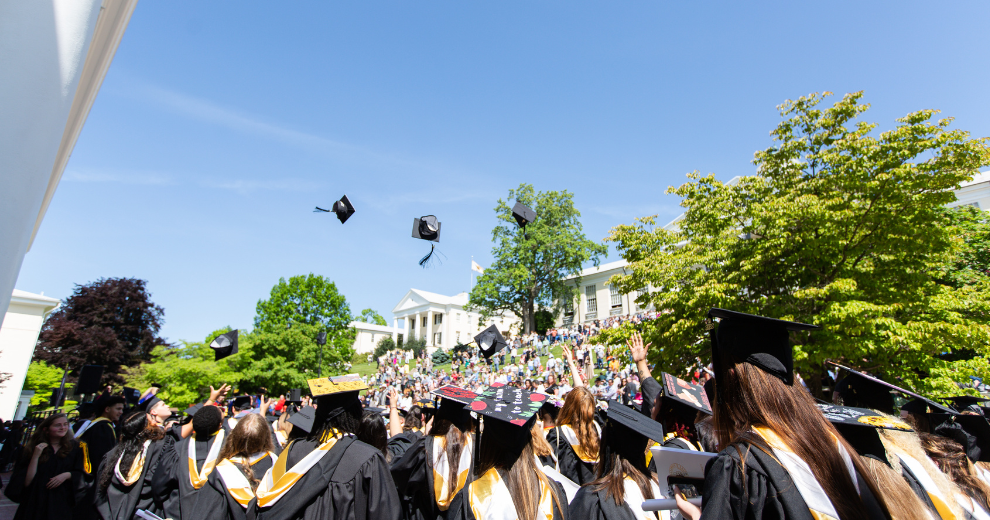
The 181st Commencement
Two ceremonies are planned for this year: Saturday for graduate programs, and Sunday for undergraduate programs. Both will start at 9 a.m., and be held on the main campus at Page Terrace.
Unlimited seating for family and friends can be found on Hunt Hill and surrounding areas. No tickets are required. There is also first-come, first-serve air-conditioned seating in Francis Auditorium, where the event will be live-streamed on a big screen. Ceremonies will also be live streamed online for those that cannot attend in person.
More 2023 Commencement details can be found HERE.
Keynote Speakers
Two speakers will give Commencement keynotes:
- Graduate Programs: President Pamela R. Fox
- Undergraduate Ceremony: Associate Professor of Philosophy Dr. Edward Scott
Inclement Weather
If there’s inclement weather, the ceremony will move to Virginia Military Institute and be held in Cameron Hall, at 401 N. Main Street, Lexington. Start times will be pushed back to 10:30 a.m.
Graduating students will be notified of any changes by text and MBU email (using the BAM messaging system) as early as possible on the morning of the ceremony. Notifications will also be posted on the MBU website.
Please be aware: VMI’s Cameron Hall has a clear bag policy for all attendees that includes MBU graduates, faculty, and staff.
Fun Facts and Graduate Numbers
- Youngest and Oldest Graduates: 17 and 71
- Most Common Class of 2023 First Name: Elizabeth
- Most Popular Undergraduate Major: Business, with 44 total students
- Undergraduate Degree Earners: 307
- Graduate Degree Earners: 191
- Professional Degree Earners: 97
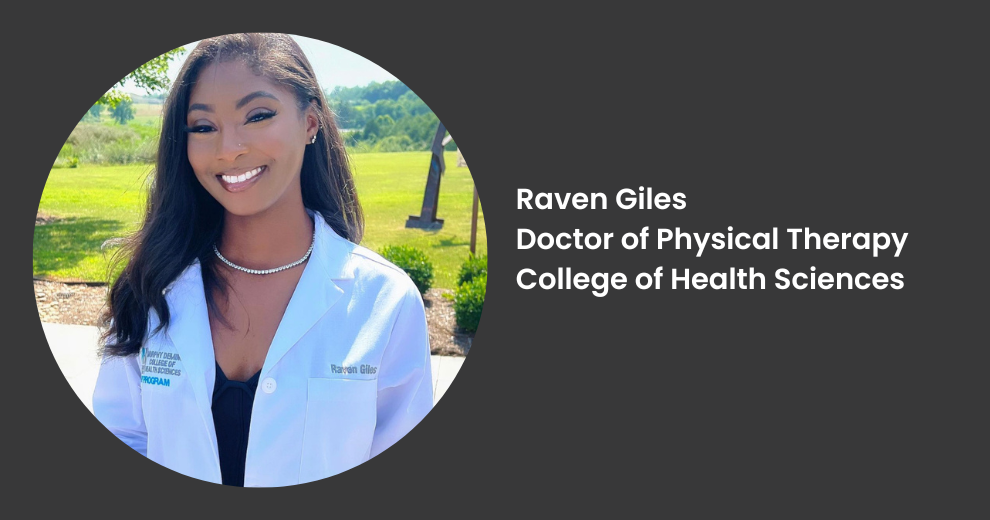
What was your favorite part of your PT clinical experiences this past year?
I really enjoyed working in acute care and learning more about wound care. The therapists at my previous clinic had so much knowledge to share, and I really appreciated being able to work with so many different therapists and learn from them.
A major highlight was having the very rare experience of spending a day doing debridement — that is, removing damaged tissue or foreign objects from a wound — in the operating room during my wound care rotation. I learned that sometimes physical therapists with a specialty in wound care are consulted for complicated wounds in the OR, and I was excited to gain access to that rare experience.
Share something that you particularly enjoyed about your time at MBU?
I loved the small class sizes, and how much we were able to connect with our classmates and professors. I have friends and acquaintances who are studying physical therapy at bigger institutions and, comparatively speaking, I’ve been able to build many more long-lasting personal and professional relationships than they have. I feel this is important — particularly the fact that I’m beginning my career with a group of great mentors and colleagues in my corner.
What are your plans for after graduation?
I have accepted a position in an inpatient rehabilitation facility and acute care float with HCA Healthcare.
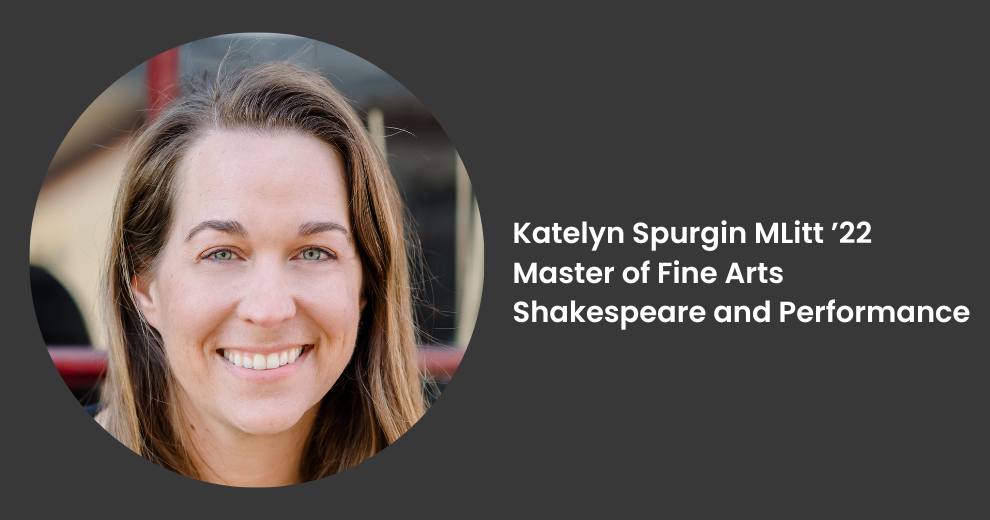
Tell us about a favorite project you worked on at MBU?
My MFA thesis, which was titled, “Bringing Down the Barrier: Directing Strategies for Inclusive, Engaging Shakespeare for Young Audiences.”
The thesis explored the direction of the Treehouse Shakespeare Ensemble’s (TSE) production of Macbeth for young audiences, and offered a practical playbook for how a director can produce an educational Shakespeare show. Looking at TSE’s Macbeth cut and rehearsal process, and drawing from touring notes and surveys, I developed a directing toolkit that specifically focuses on how to engage young audiences in Shakespeare in a way that excites and intrigues them. This toolkit can then inform the future direction of any education-focused production.
Share a great memory from your time at Mary Baldwin?
One of my favorite memories from this past year — in addition to all the fantastic performances — has to be the MLitt Thesis Festival. Our MFA company had the pleasure of introducing presenters and moderating their Q&A sessions. Connecting with the second year cohort and engaging with their research was such a fantastic experience.
What are your plans for after graduation?
I’ll start by relaxing with my family and dog over the summer. In the fall, I’ll be teaching English, Education, and Theatre courses at Vanguard University of Southern California, and will continue working on a project that I’m tentatively calling, “Shakespeare’s Shadows.” More to come on that soon!
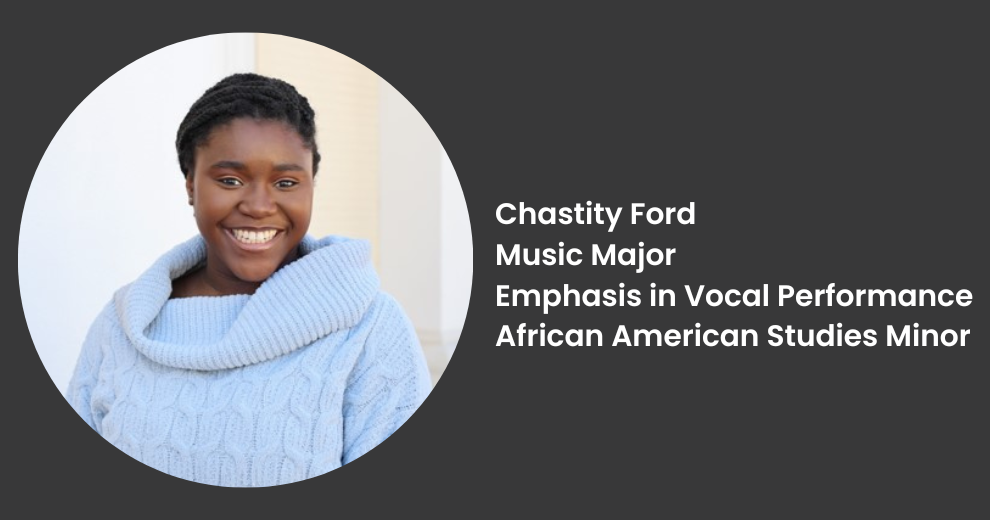
Tell us about a favorite project you worked on at MBU?
I am most proud of my Capstone project titled, “Classical, Gifted, and Black: A Comparative Glance at Black Composers Throughout Time.” I am still at a loss of words about how incredible and life-changing the experience of working on this project was. Studying and exploring the music and lives of groundbreaking, historic Black composers like Undine Smith Moore and Joseph Bologne has forever changed who I am as a musician and scholar.
What’s something important or unexpected you learned about yourself while at MBU?
That I am not an imposter. I have studied the curriculum, done exceptionally well in all of my classes, and I know more than I think. I also learned that I belong and can make a home and career for myself in the space of classical music.
What are your plans for after graduation?
I will start Howard University’s master in music performance program this fall. There, I’ll continue to study vocal performance, harnessing my gifts to strengthen my technique and sing opera. I also plan to deepen and extend my research and scholarly work around historic Black composers like Moore and Bologne.
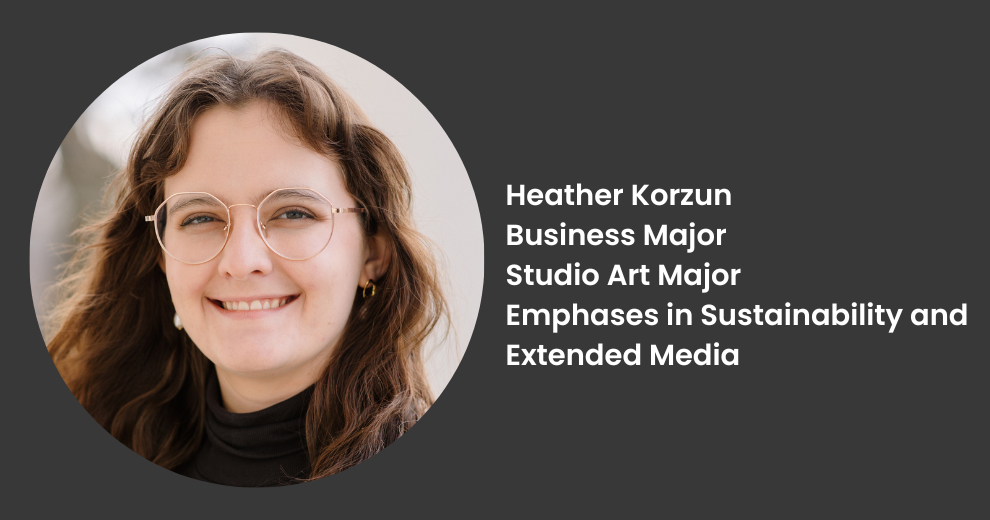
Tell us about a favorite project you worked on at MBU?
I’m most proud of my senior business thesis, “Workplace Gender Inequality in the U.S. During the COVID-19 pandemic,” which was named “Best Social Science Paper” at the 2023 MBU Capstone Festival. This scholarly research paper investigated the corporate social responsibility reports of 17 Fortune 500 companies in the U.S., then analyzed their disclosures and contents through the lens of increasing gender inequality as a result of the COVID-19 pandemic.
What’s something important or unexpected you learned about yourself during your time at MBU?
I’ve learned how to push the boundaries of class and curriculum by making connections across disciplines, and then how to systematically ask better questions to arrive at a solution.
What are your plans for after graduation?
I’ll be pursuing a dual master’s degree in environmental studies and public administration from the University of Pennsylvania
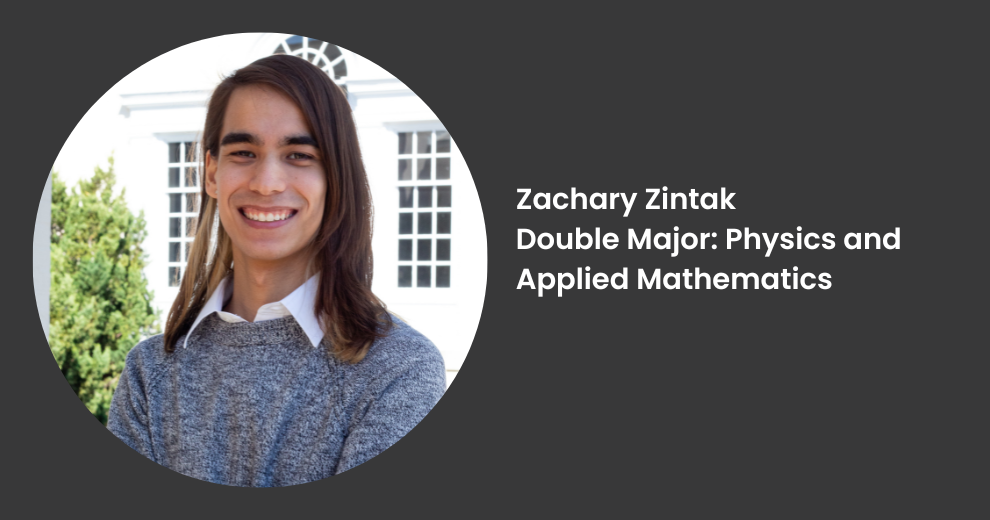
Tell us about a favorite project you worked on at MBU?
I am most proud of my thesis project titled “Designing an 8-bit Magnitude Comparator Using Material Implication,” which took first place in the “Best Q Paper” category at this year’s Capstone Festival.
In a nutshell, the project outlines logical steps for building a magnitude comparator circuit from the novel circuit element — that is, the memristor, which is an electrical component that limits or regulates the flow of electrical current in a circuit, and remembers the amount of charge that has previously flowed through it. The goal was to prove the potential of memristors in high density circuitry.
What’s something important or unexpected that you learned about yourself while at MBU?
The most important thing I learned is that nothing has to be done alone. Asking for assistance is never a bad idea, and others are often more than willing to help. Furthermore, that reaching out can lead to new professional connections, friendships, personal growth, and unexpected ideas.
What are your plans after graduation?
I will pursue a doctoral degree in materials science and engineering at Virginia Tech. My work will begin this summer under the guidance of esteemed researcher and scientist Dr. Guo-Quan Lu.